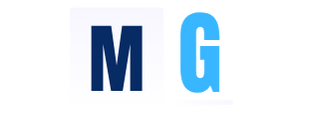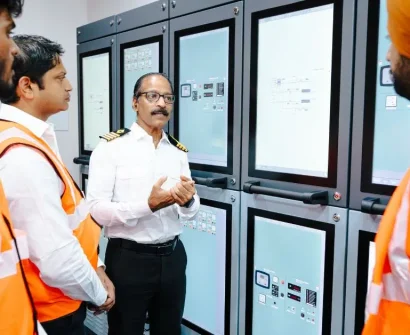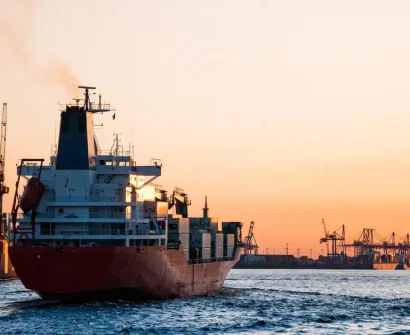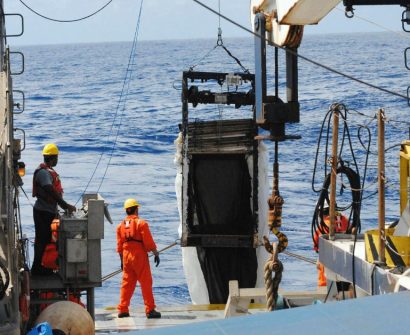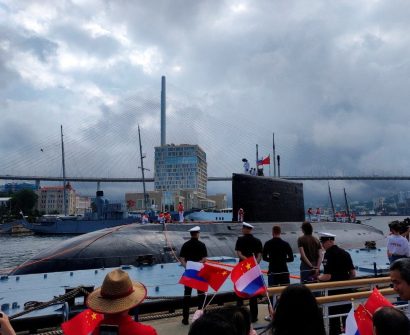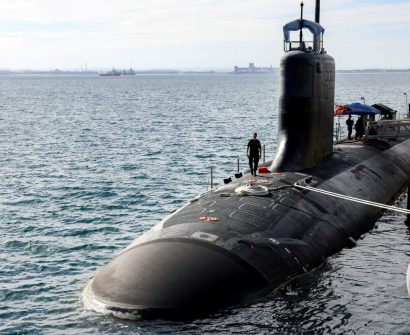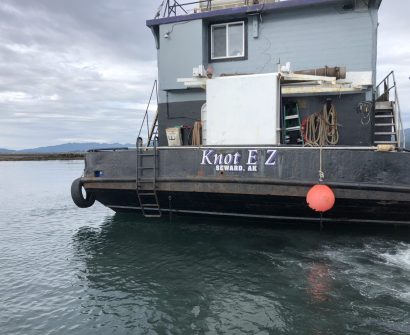The Future at Sea: HD Hyundai and H-Line Push for AI-Driven Ships
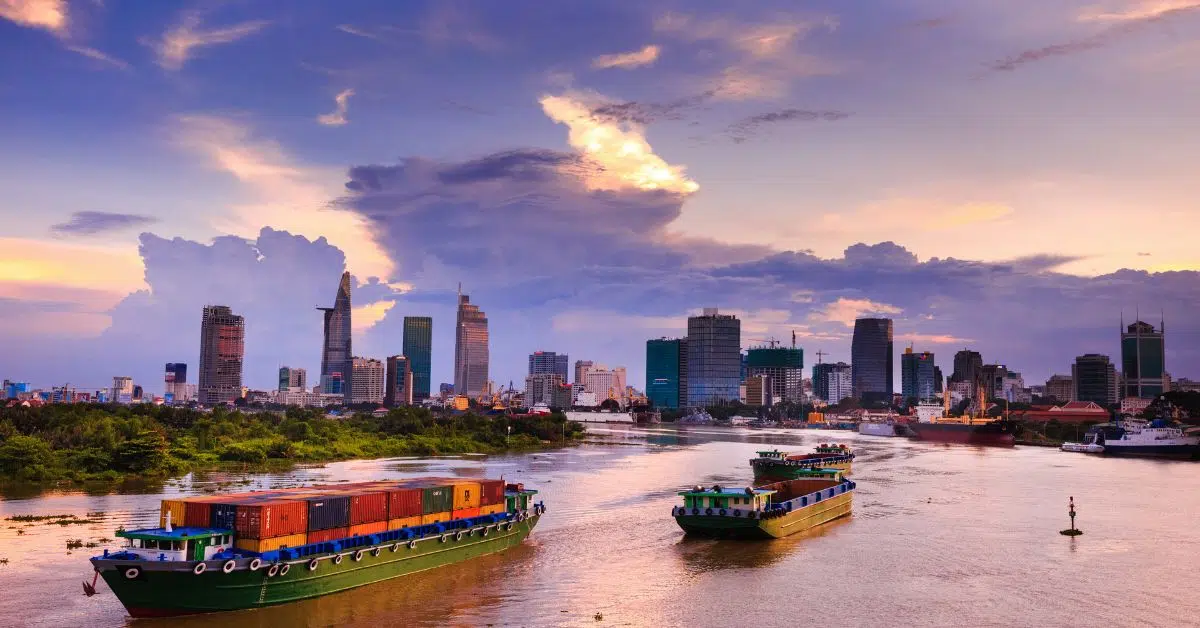
On July 31, 2025, a quiet but significant agreement was signed in South Korea that could reshape the future of commercial shipping. HD Hyundai, one of the maritime industry’s leading forces, partnered with H-Line Shipping to jointly develop AI-based autonomous and eco-friendly technologies aimed at boosting operational efficiency and reducing fuel use.
This collaboration isn’t just about innovation—it’s about survival in an increasingly competitive and regulated maritime world.
✅ What Happened — In 3 Key Points
- Strategic Alliance Formed: HD Hyundai and H-Line signed an MOU to co-develop autonomous ship systems.
- Multi-System Integration: Technologies for navigation, routing, and cargo handling to be combined across one platform.
- Sea Trials with LNG Carrier: Real-world testing to start using H-Line’s vessel to validate AI capabilities.
Integrating Smart Tech from Design to Open Sea
The Memorandum of Understanding brings together key players from within the HD Hyundai group, including:
- HD Korea Shipbuilding & Offshore Engineering (HD KSOE)
- HD Hyundai Marine Solution
- Avikus, an HD Hyundai subsidiary known for autonomous marine systems
Together, these companies aim to weave together advanced digital systems that will support a vessel through every phase of its life—from conceptual design and construction to voyage routing and cargo handling.
Key Tech Being Integrated:
- HiNAS (Autonomous Navigation) from Avikus
- OceanWise (AI Voyage Routing) from HD Hyundai Marine Solution
- AI-CHS (Smart Cargo Handling) from HD KSOE
Real-World Testing Ahead
To move from lab to sea, H-Line Shipping will contribute an LNG carrier for live trials. This vessel will serve as a platform to test how these digital systems interact in real conditions, offering critical data on navigational efficiency, routing logic, and cargo management.
According to H-Line COO Ho-Dong Seo, AI-powered routing and decision-making will soon define a company’s operational edge, not just for cost but also for safety and sustainability.
More Than Innovation — A New Maritime Standard?
This move reflects a growing trend across global shipping: integrating AI and digital solutions to meet decarbonization targets and safety requirements.
While other nations and shipping lines are dabbling in autonomy, South Korea’s maritime giants are aiming to operationalize it at scale. For now, the technology remains under pilot testing, but the direction is clear: ships of tomorrow will be intelligent, self-optimizing, and far less dependent on manual operations.
🛟 The Wake Left Behind
As digital systems take over core maritime functions, the industry faces a transition that will reshape jobs, training, and risk management.
Autonomy may reduce human error, but it demands new forms of expertise. Traditional seafaring roles must evolve to include data interpretation, remote operations, and system diagnostics.
This partnership is not just a tech story—it’s a signal that maritime training, regulation, and operations must now keep pace with a smarter future.
👨✈️ Captain AI’s POV
As someone who’s spent years navigating LNG routes, this development is impressive—but it also comes with responsibilities.
Autonomous tools can reduce fatigue and error, but only if seafarers are trained to work with the systems.
The sea will always be unpredictable. AI must complement, not replace, good seamanship.
This tech partnership shows where we’re headed. Let’s make sure crews are ready to meet it.
A smarter ship must still have a smart crew.
